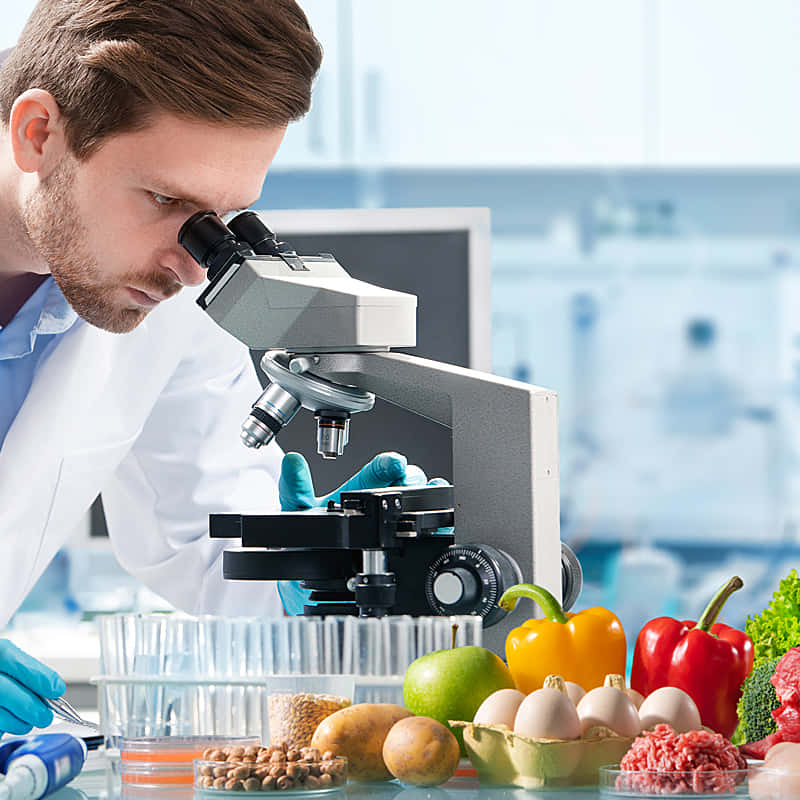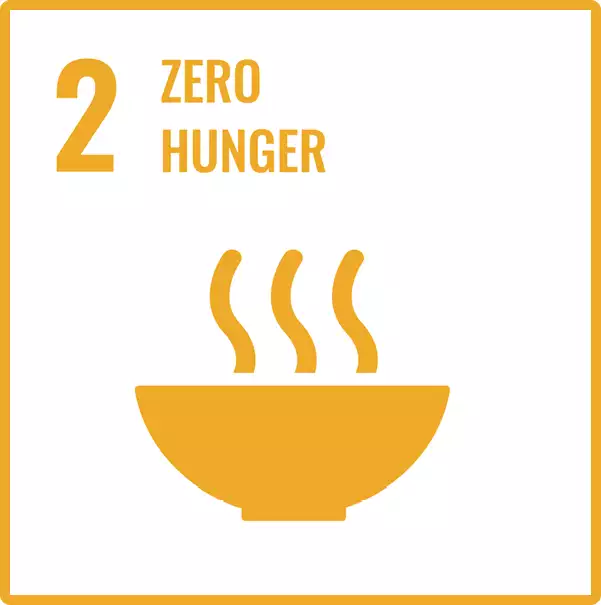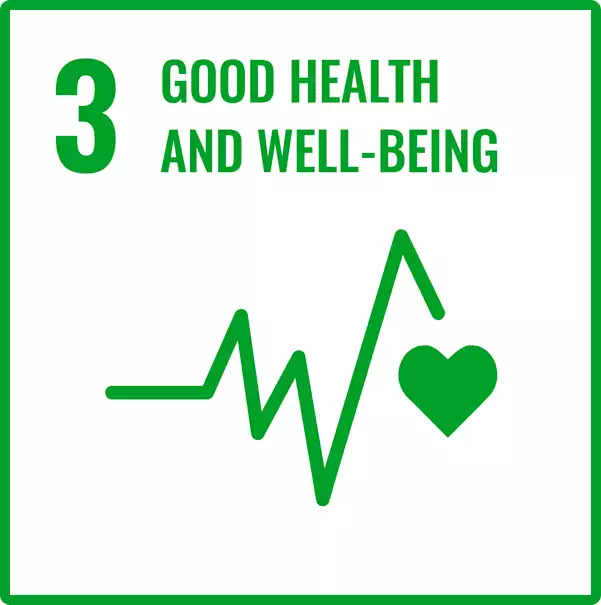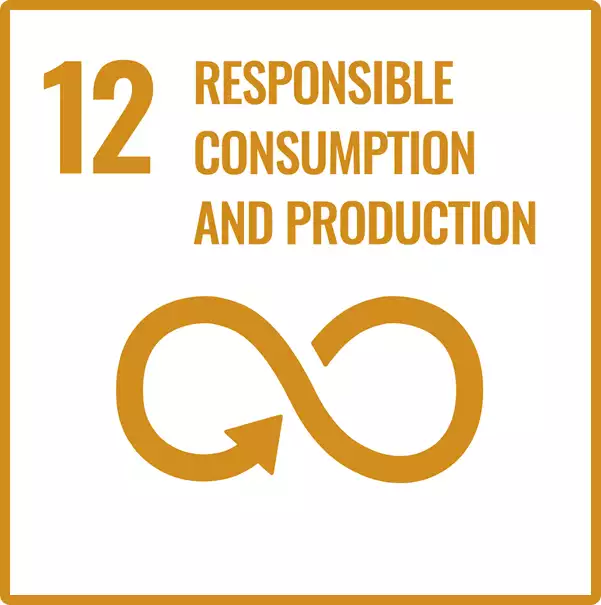A Beginner's Guide to ISO 22000
The ISO 22000 standard outlines the requirements for a Food Safety Management System (FSMS). The standard is published by the Switzerland-based International Organization for Standardization (ISO) and was last updated in 2018.
According to ISO, the ISO 22000 standard is aimed at organizations seeking to set up an FSMS that meets and exceeds applicable regulatory and statutory requirements. The standard facilitates improved communication along the food chain and in the organization, thereby ensuring that food safety hazards can be identified and correctly managed.
Who Can Implement ISO 22000?
ISO 22000 is suitable for all organizations involved in food production. Such organizations typically include:
- Restaurants, canteens, pubs chains serving food, and catering services.
- Agriculture and livestock businesses.
- Transport, storage, cleaning, and packaging services for the food and animal feed sectors.
- Producers of pesticides, fertilizers, and animal medicines.
- Manufacturers of food and food additives.
- Manufacturers of equipment used in the food and animal feed industries.
Implementing ISO 22000 at your organization should be fairly straightforward if you already have an ISO management system (ie, 9001). The 22000 standard embraces similar concepts and goals, such as better customer satisfaction, continual improvement, and use of the PDCA cycle for organizational and operational planning, as well as for the control and mitigation of food safety hazards.
If you don't already have an ISO management system or are not acquainted with the structure of management system standards, we recommended you take an Implementer course and arrange preliminary training for staff and top managers. This will ensure the implementation project is supported by everyone in the organization.
The consequences of unsafe food can be serious. ISO 22000 provides a layer of reassurance within the global food supply chain, helping products cross borders and bringing people food that they can trust.
International Organization for Standardization
Hiring a consultant in the early stages is also an option, albeit an expensive one. An approach that can benefit organizations of any size is combining online training with an initial consultant engagement in which a gap analysis is performed and a plan formalized that details each step of the implementation process.
The Benefits of ISO 22000
ISO 22000 offers several important benefits to organizations in the food industry. These typically include:

Obtaining ISO 22000 Certification
Getting certified to ISO 22000 isn't mandated by the standard, meaning you could in theory set up a Food Safety Management System and choose not to be audited and receive a certificate. While this approach wouldn't completely defeat the object, it would prevent organizations from reaping the rewards that certification brings. For obvious reasons, most businesses aim to get certified.
The road to certification is pretty much the same as for other ISO management systems. The steps you need to be aware of include:
Does ISO 22000 Address the UN Sustainable Development Goals?
Yes, it does. The United Nations' Sustainable Development Goals were introduced in 2015 as part of a long-term plan to create better environments and living conditions for people on our planet. There are seventeen goals; ISO 22000 addresses three of them. See below.



Conclusion
ISO 22000 is a popular standard that's been adopted by food organizations worldwide. It shares the same high-level structure as ISO's other management system standards, and can be implemented alongside them to form an integrated system offering broader scope and improved efficiencies.
As for ISO 22000 training, we recommend newcomers take a look at our ISO 22000:2018 Foundation course, while staff who plan on getting more involved with their company's implementation project should consider our ISO 22000 Implementer course or ISO 22000 Auditor training.



